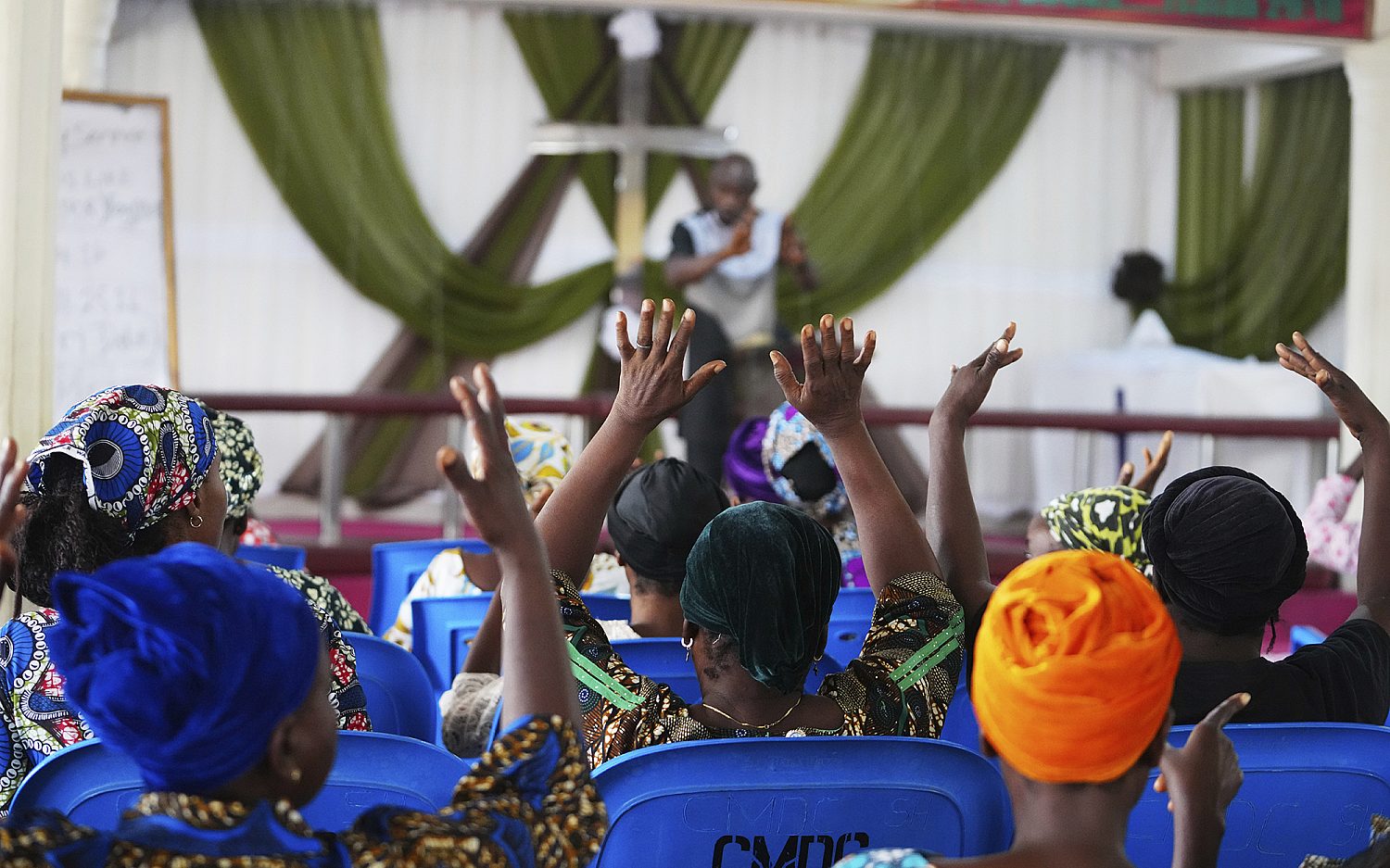Pray and fast
In response to recent government crackdowns on Christians, the Iranian church pleads for intercession
Iranian church leaders are calling for an international day of prayer and fasting on Sunday, following a spate of arrests of dozens of house church leaders that began last month and is continuing.
In the early morning hours of Dec. 26, government authorities arrested 25 Christians in Tehran and across the country and announced plans to detain others if they could be located. On Jan. 4 the governor of Tehran issued an unusual statement, announcing the arrests and the state's intent to arrest more-claiming that the Ministry of Information had "uncovered" house church networks "and will stop them."
About 70 Christians overall have been arrested since last month, according to David Yeghnazar, U.S. director for Elam Ministries, an organization started by Iranian church leaders to train pastors and churchgoers. Many of those have been released, but Iranian church leaders say that at least 14 remain in jail. They are believed to be in Block 209 of Tehran's Evin Prison, a notorious basement holding-cell for detaining non-Muslims in the Islamic republic. Those jailed there are kept blindfolded at nearly all times.
Of those who remain in prison, none have been allowed legal representation or formally charged with crimes, though authorities have made it clear to them that they are being held for participating in Christian activities. Family members have been denied visitations.
Those released say that armed, plainclothes special security officers forcefully entered their homes at dawn, while most slept, and physically and verbally abused them as the officers handcuffed them. Among the initial arrests were five married couples, including one couple with a 2-year-old baby left in the home, and another forced to leave a baby the mother had been breastfeeding at the time of the arrest.
"In recent years since [Iranian President] Ahmadinejad came to power we have seen more and more of this kind of activity," said Yeghnazar. But these are the most significant numbers of arrests since 2002, he told me, when 80 Assemblies of God leaders were arrested. Most of those were eventually released.
The latest crackdown began last October, when Iran's supreme leader, Ayatollah Khamenei, gave a speech describing members of a "network of house churches" and denouncing them as "enemies of Iran and the people." It was the first time the ayatollah had publicly identified and branded the church in Iran. The government has claimed to allow freedom of religion and has granted licenses to operate for historic churches such as the Armenian and Assemblies of God congregations.
Yeghnazar and other church leaders say Khamenei's denunciation is the result of the growth of house churches and the disaffection of many Iranians under the country's strict Islamic laws. But Yeghnazar points out that house churches are not underground churches or cults and don't seek to operate illegally: "Over the last number of years the government has not allowed any building of churches-and there is no other place for them to meet except in homes. They would love to be recognized, and they are a valid, legitimate part of the body of Christ around the world."
But Iranian leaders have also cracked down on official churches. Currently an Armenian pastor and his wife have been jailed for several months, as well as the pastor of an Assemblies of God church in Isfahan. Others arrested include Iranian Muslims who have converted to Christianity. The toll, say church leaders, has prompted them to call on the world to intercede. Yeghnazar said, "We believe these are remarkable days for Iran and at the same time we stand with the church and believe great things will happen with the Lord's people there."
An actual newsletter worth subscribing to instead of just a collection of links. —Adam
Sign up to receive The Sift email newsletter each weekday morning for the latest headlines from WORLD’s breaking news team.





Please wait while we load the latest comments...
Comments
Please register, subscribe, or log in to comment on this article.